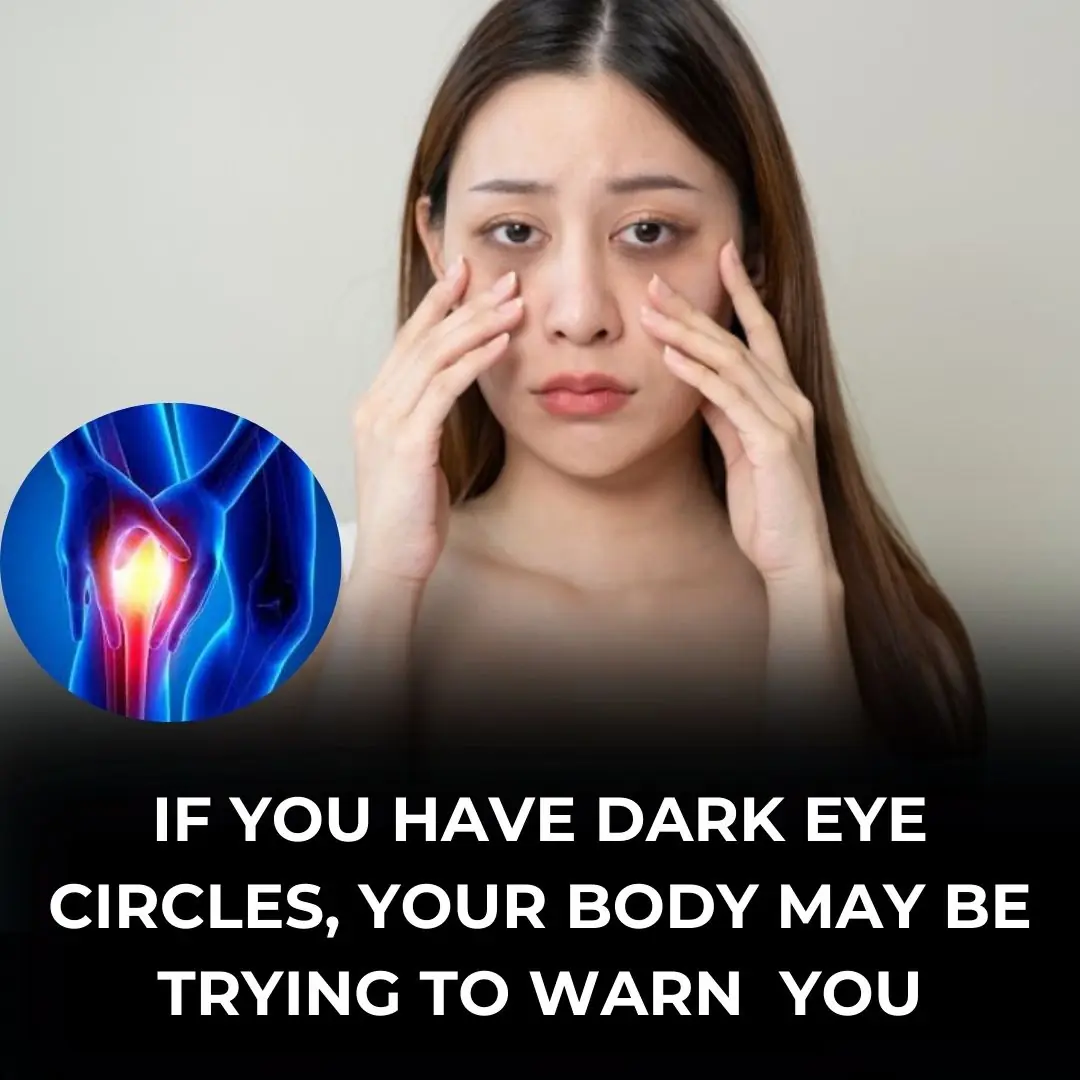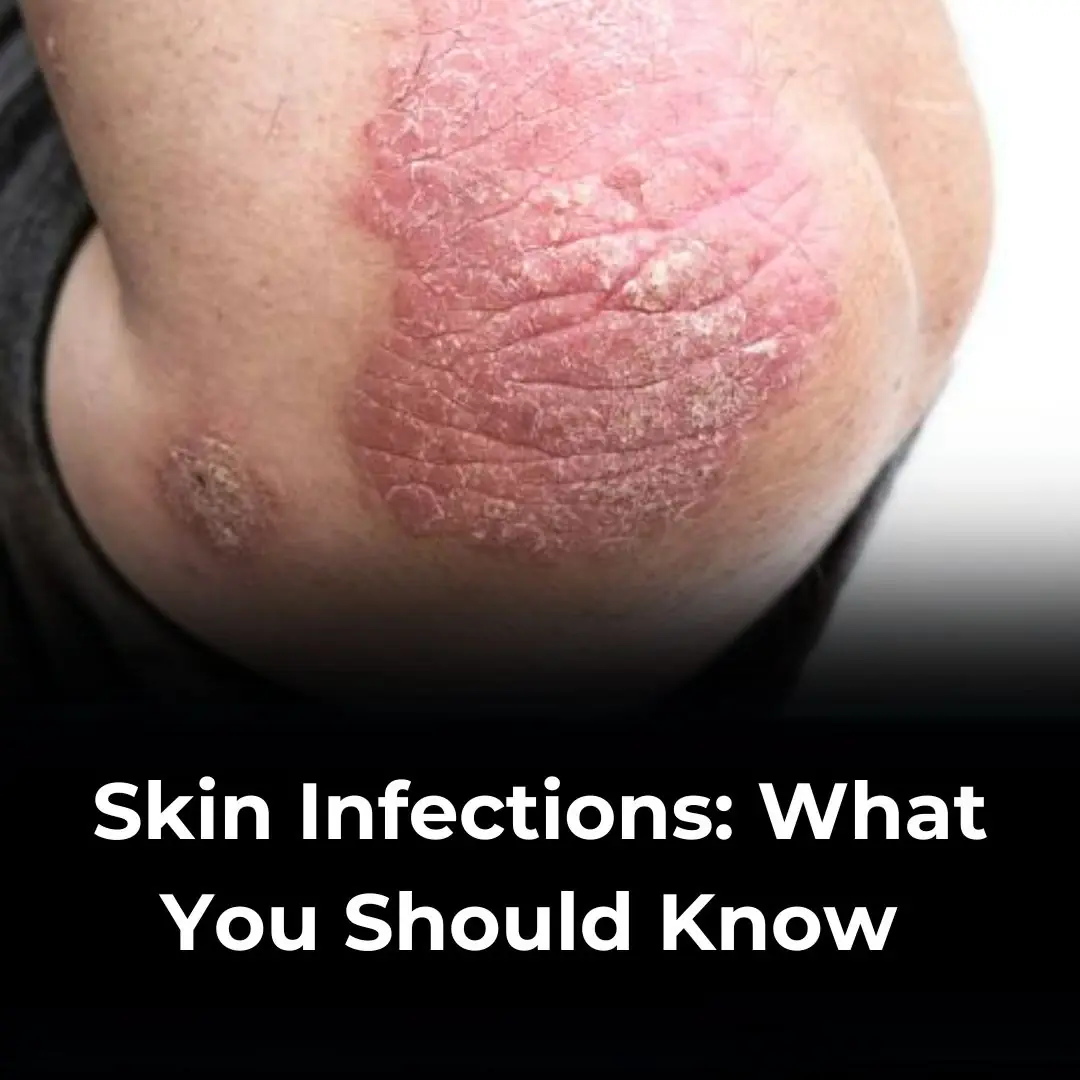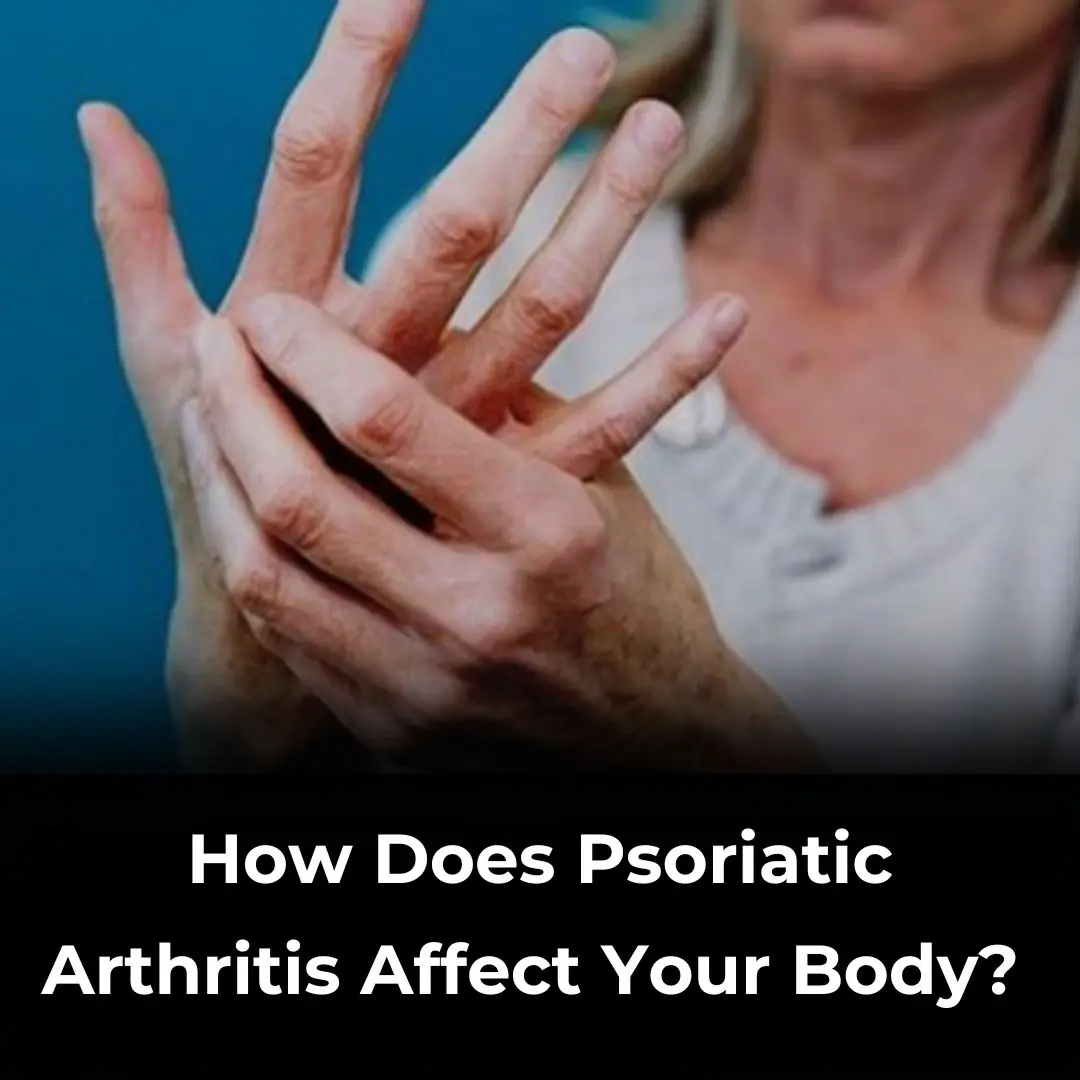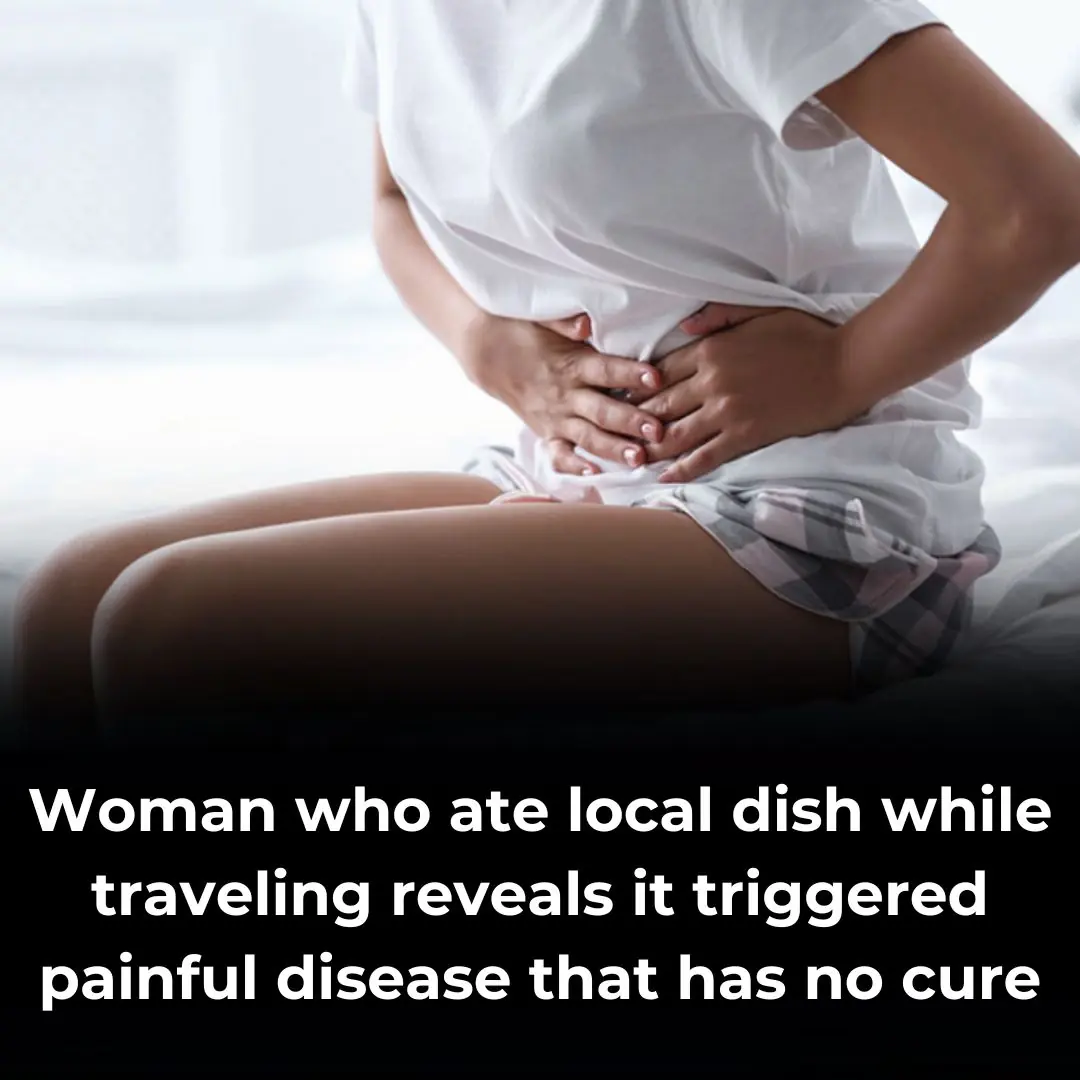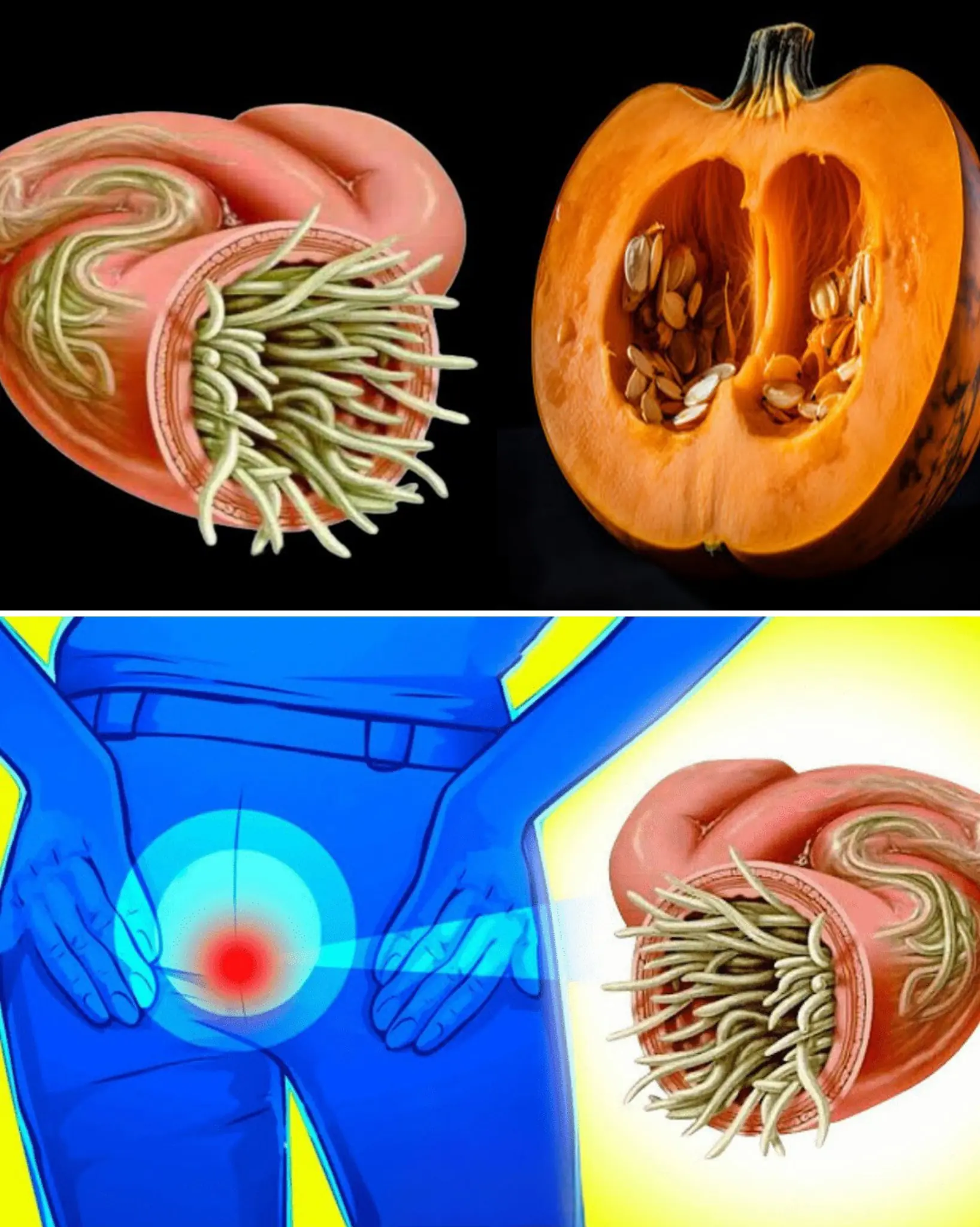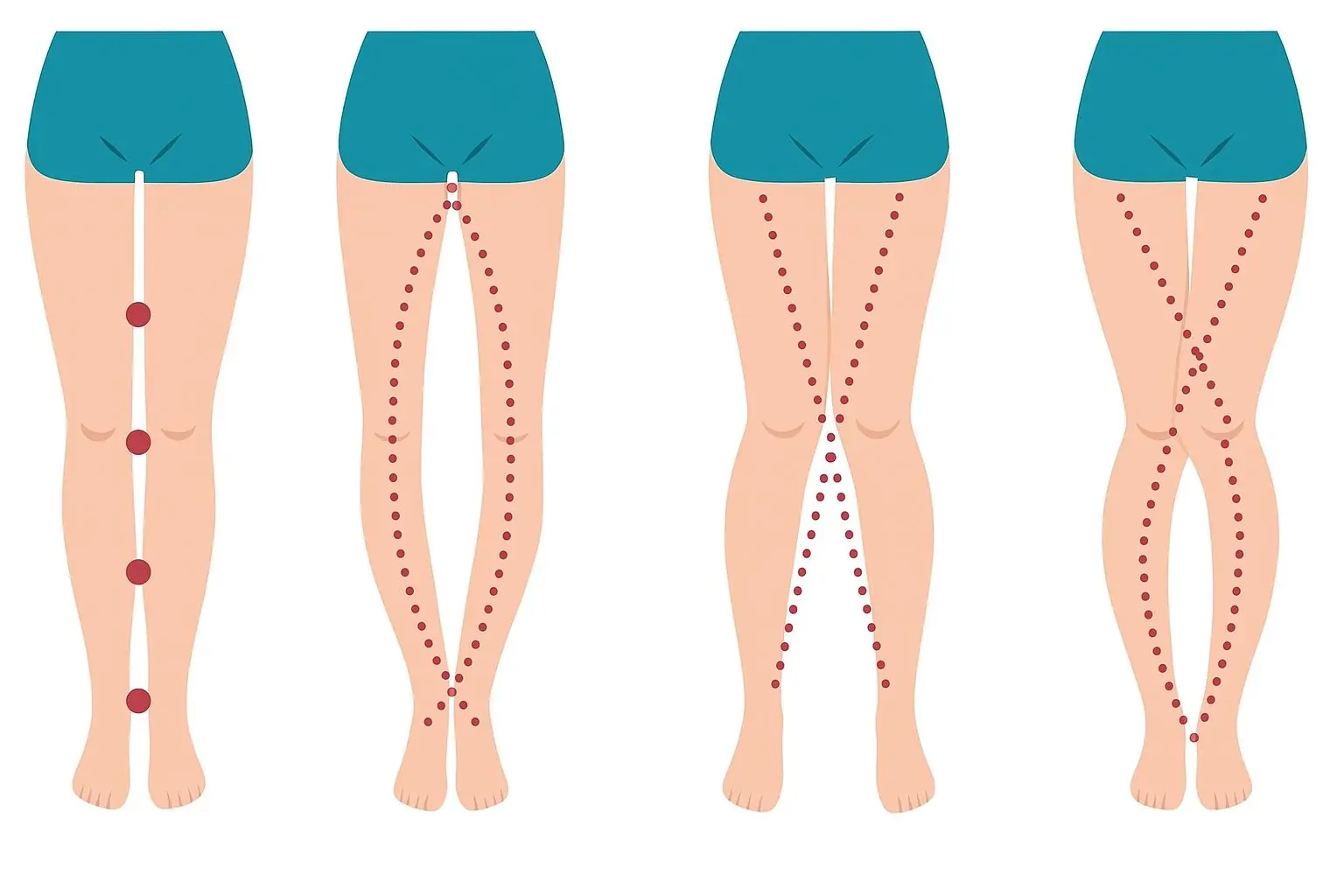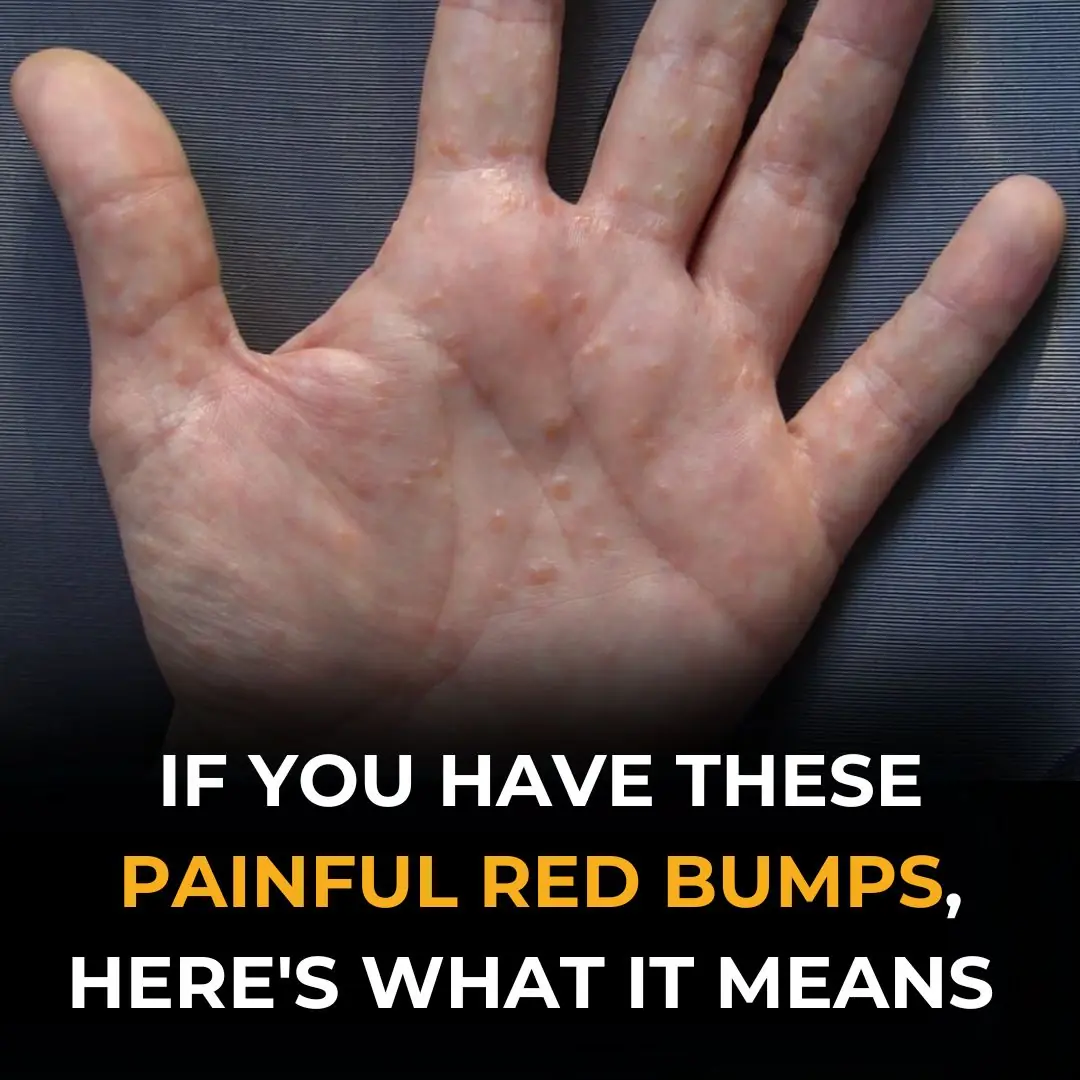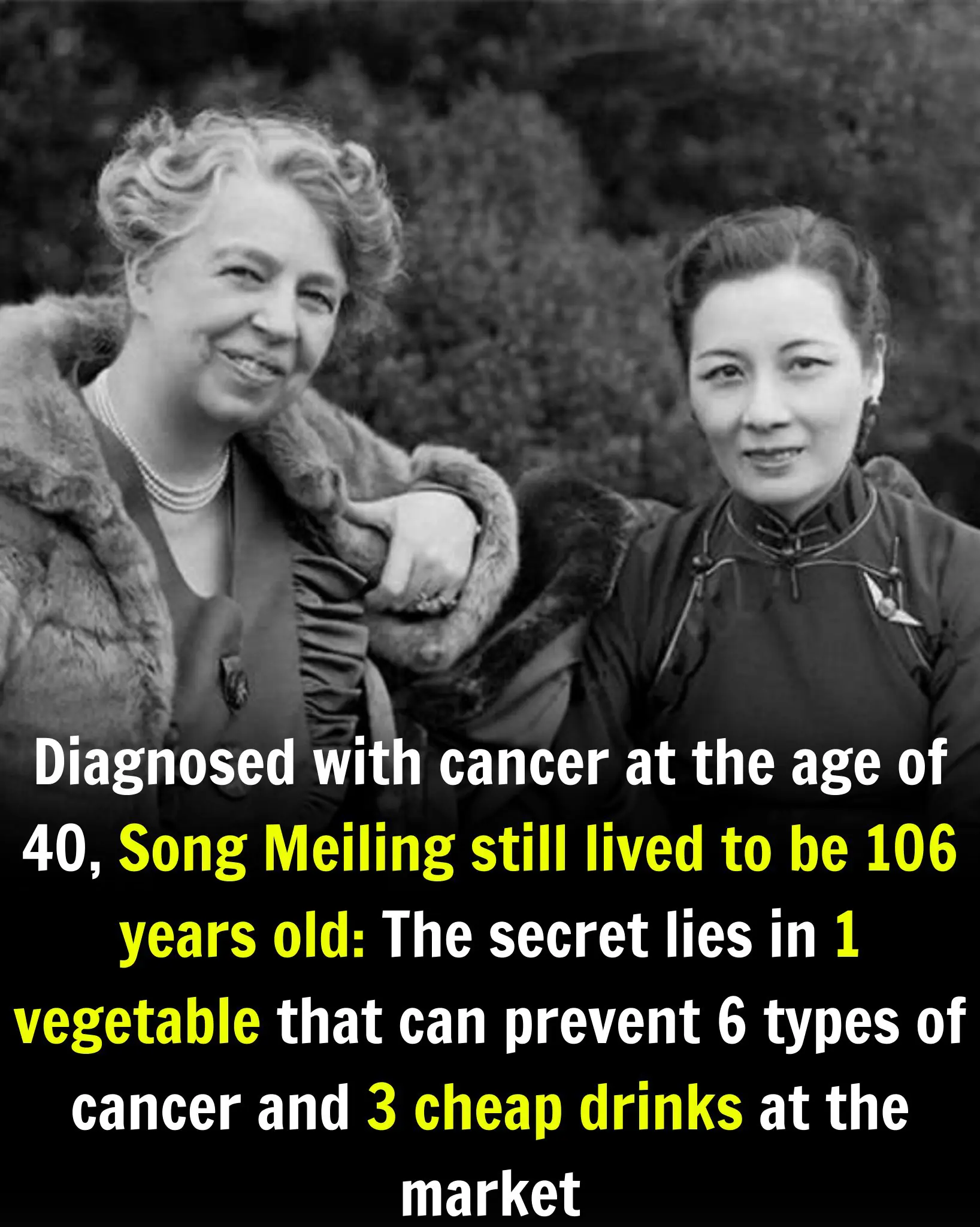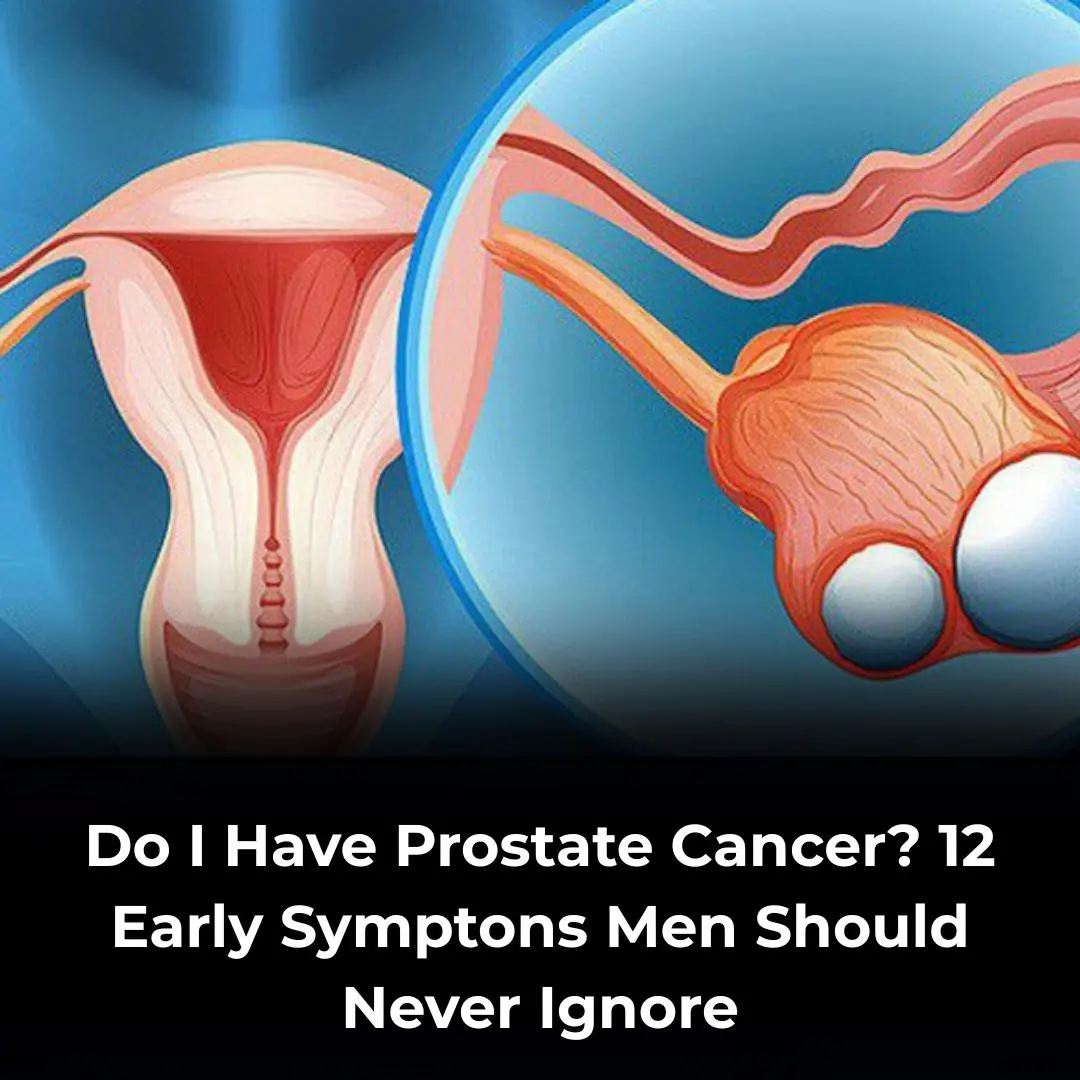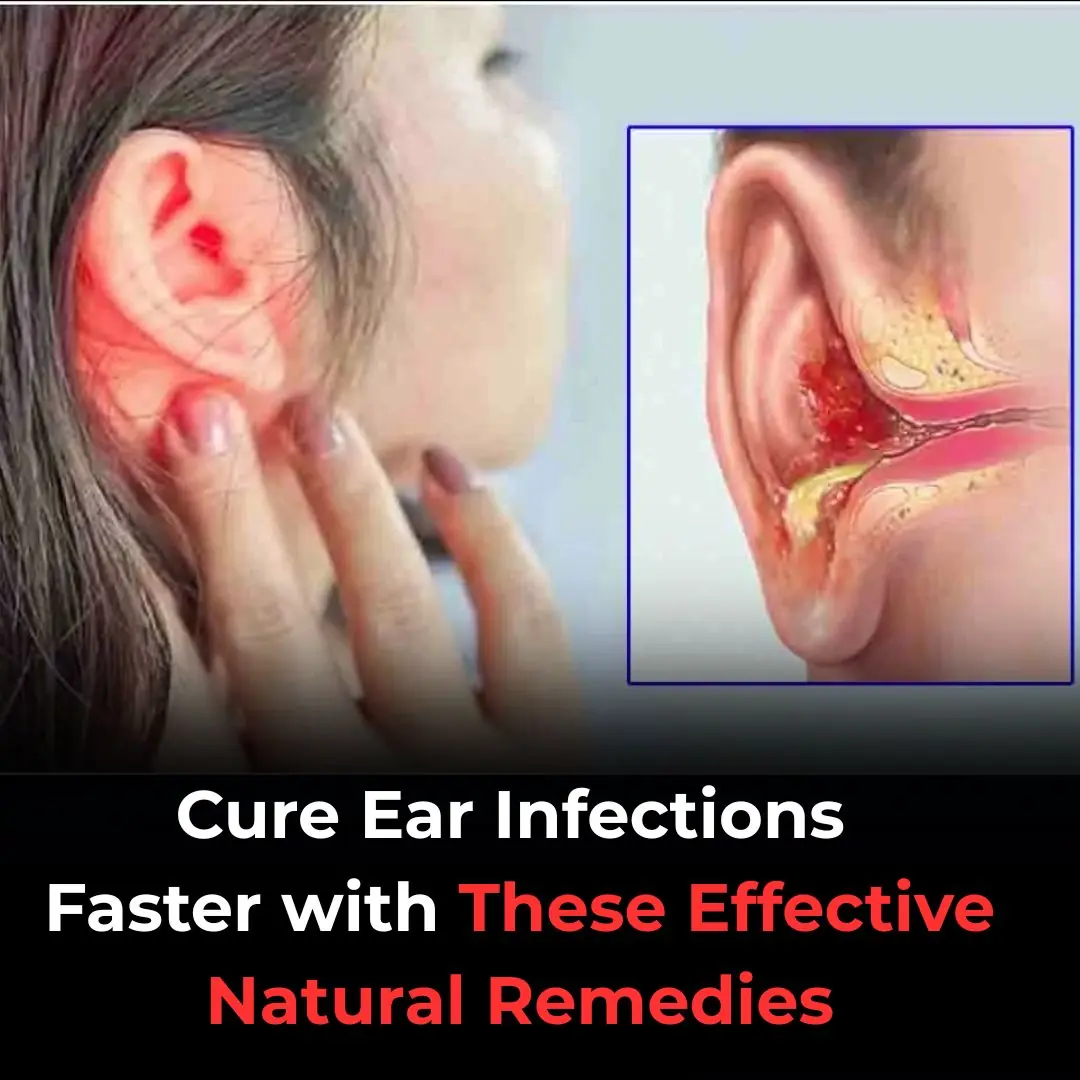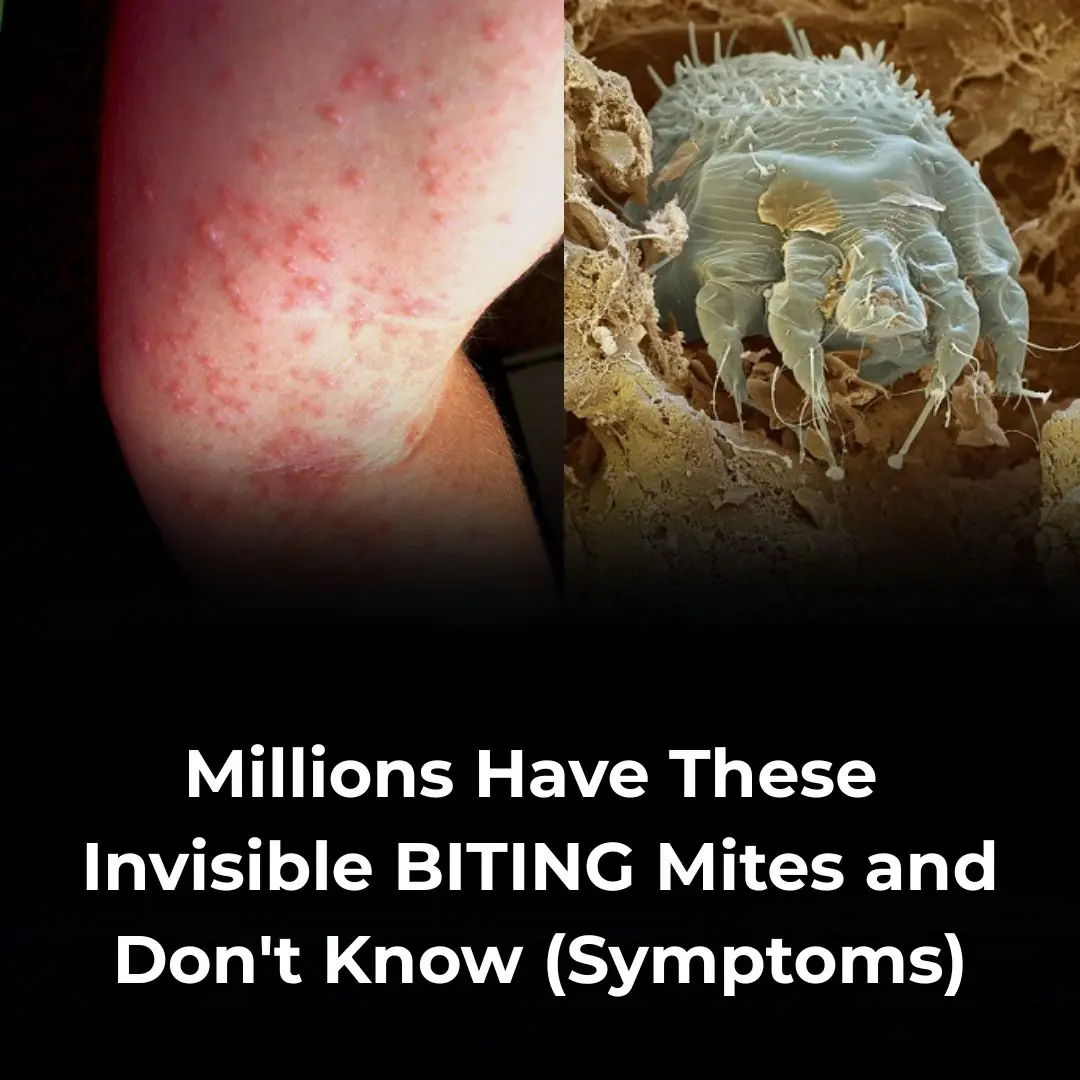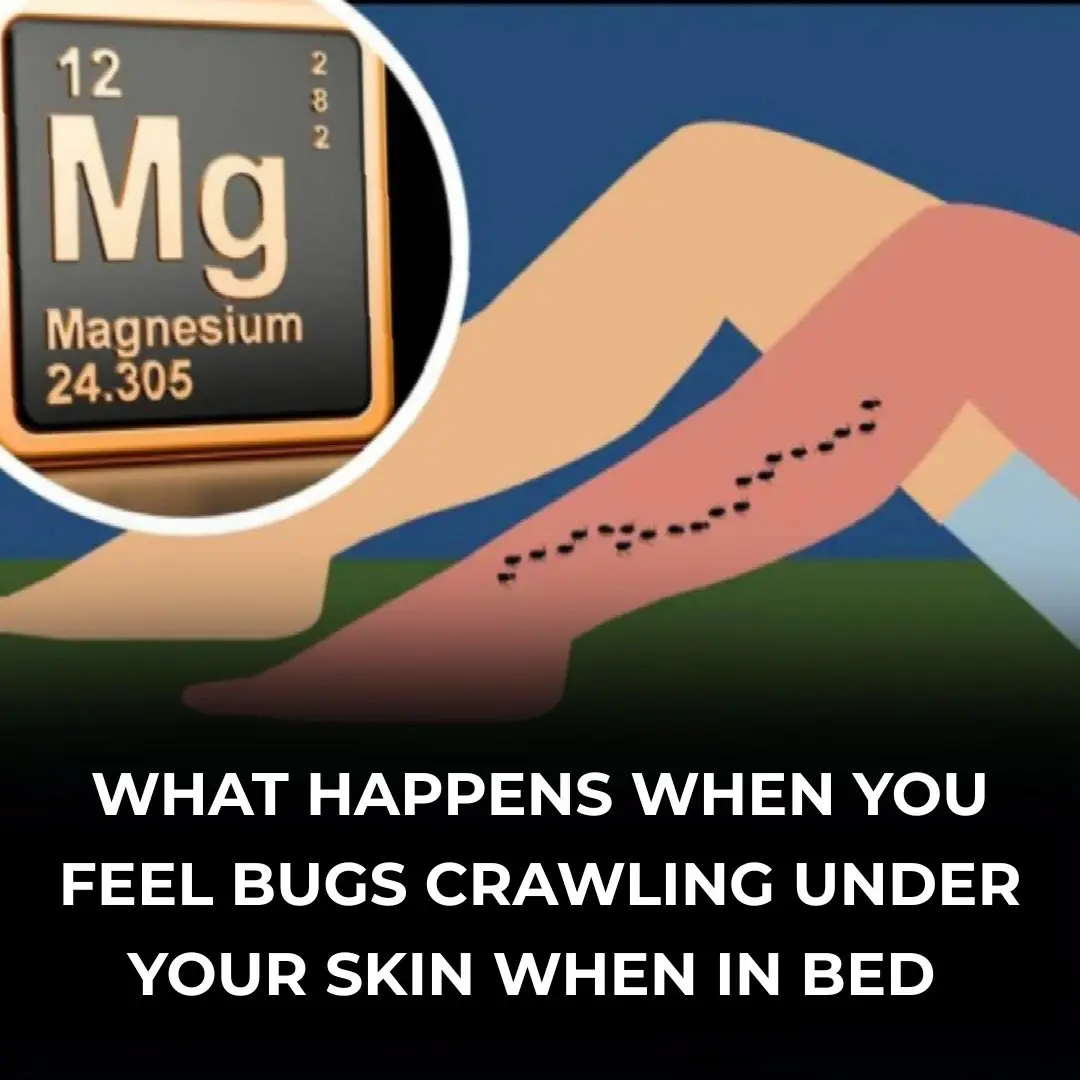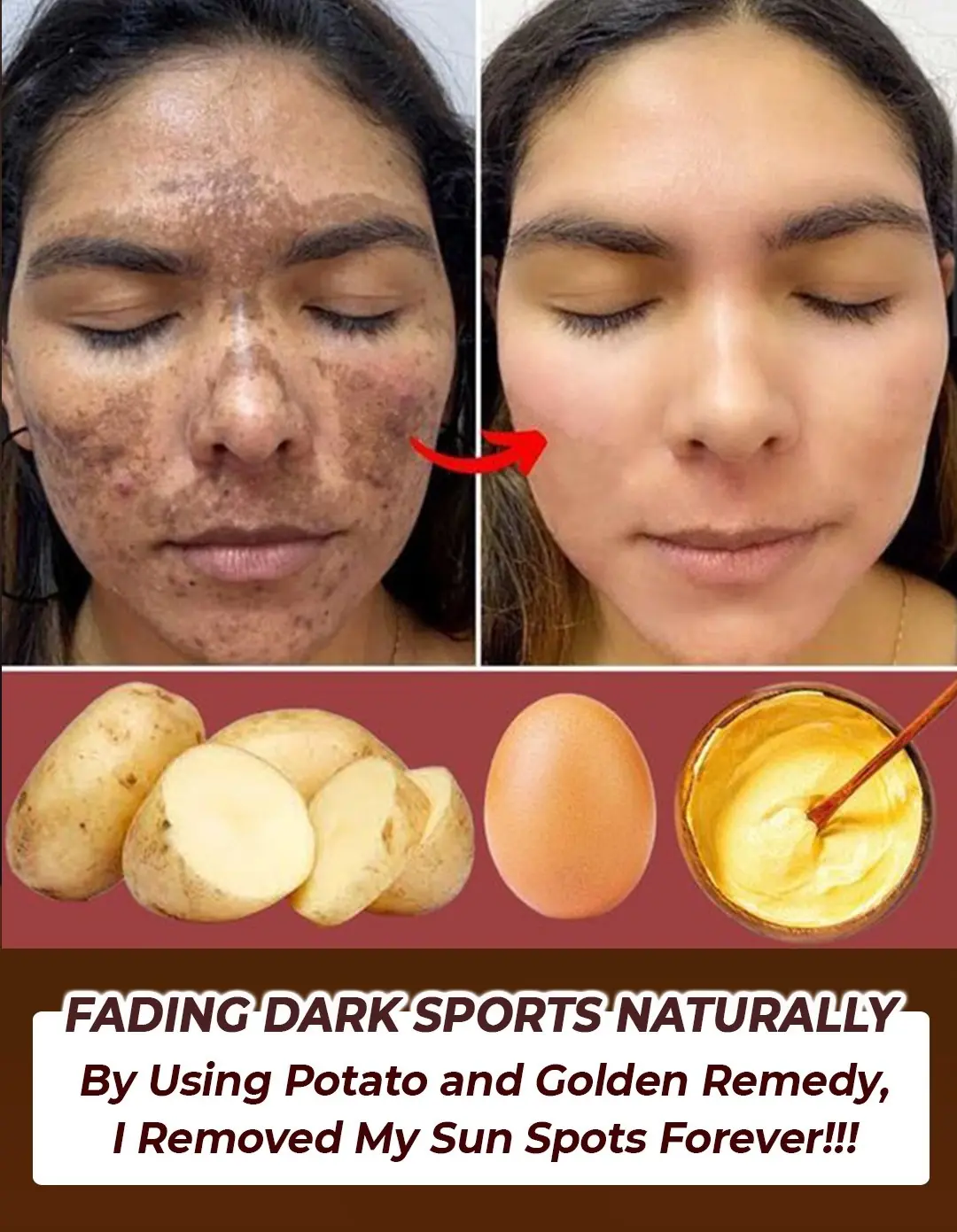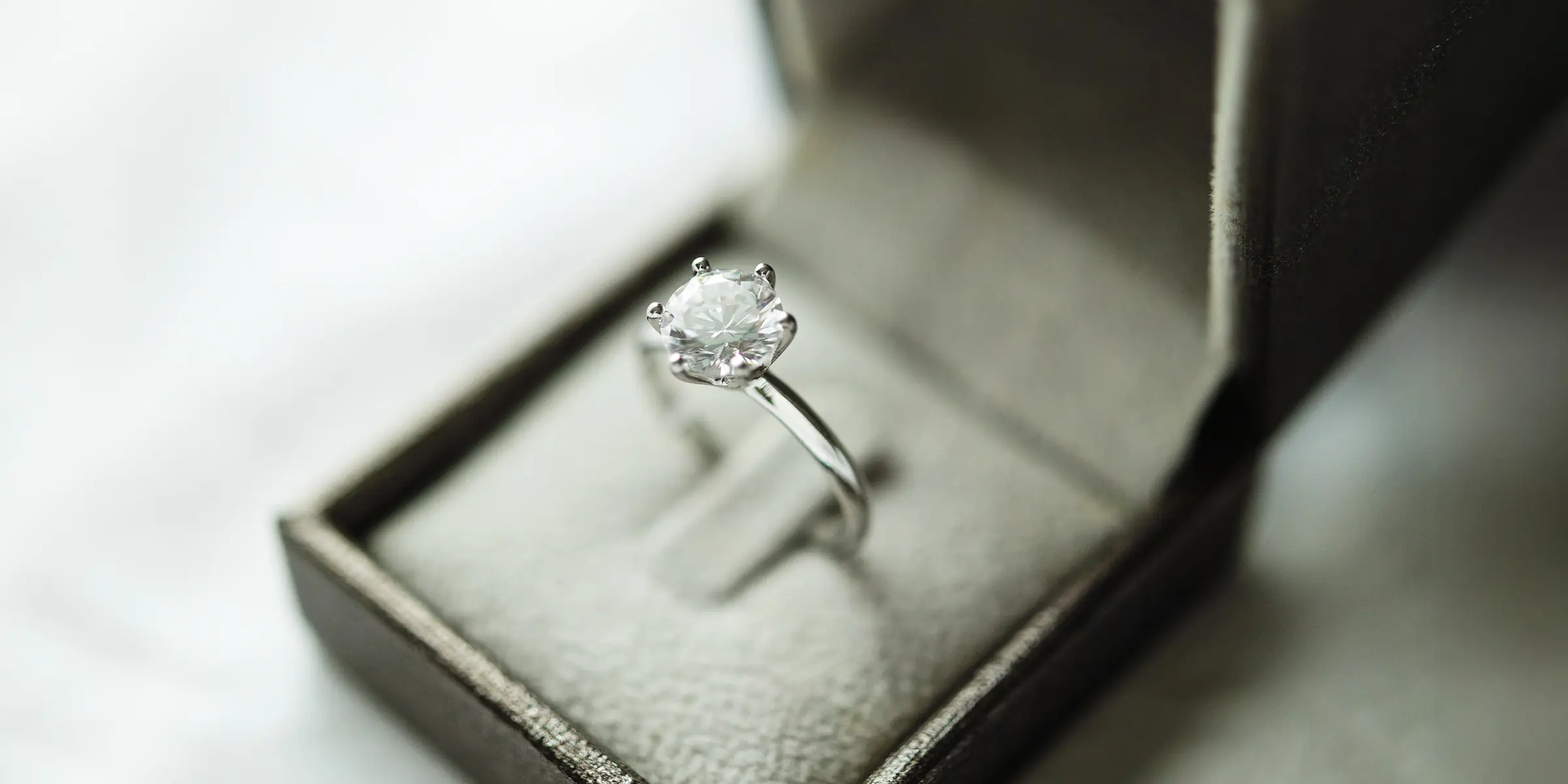The bumps are a lot more common than you'd think
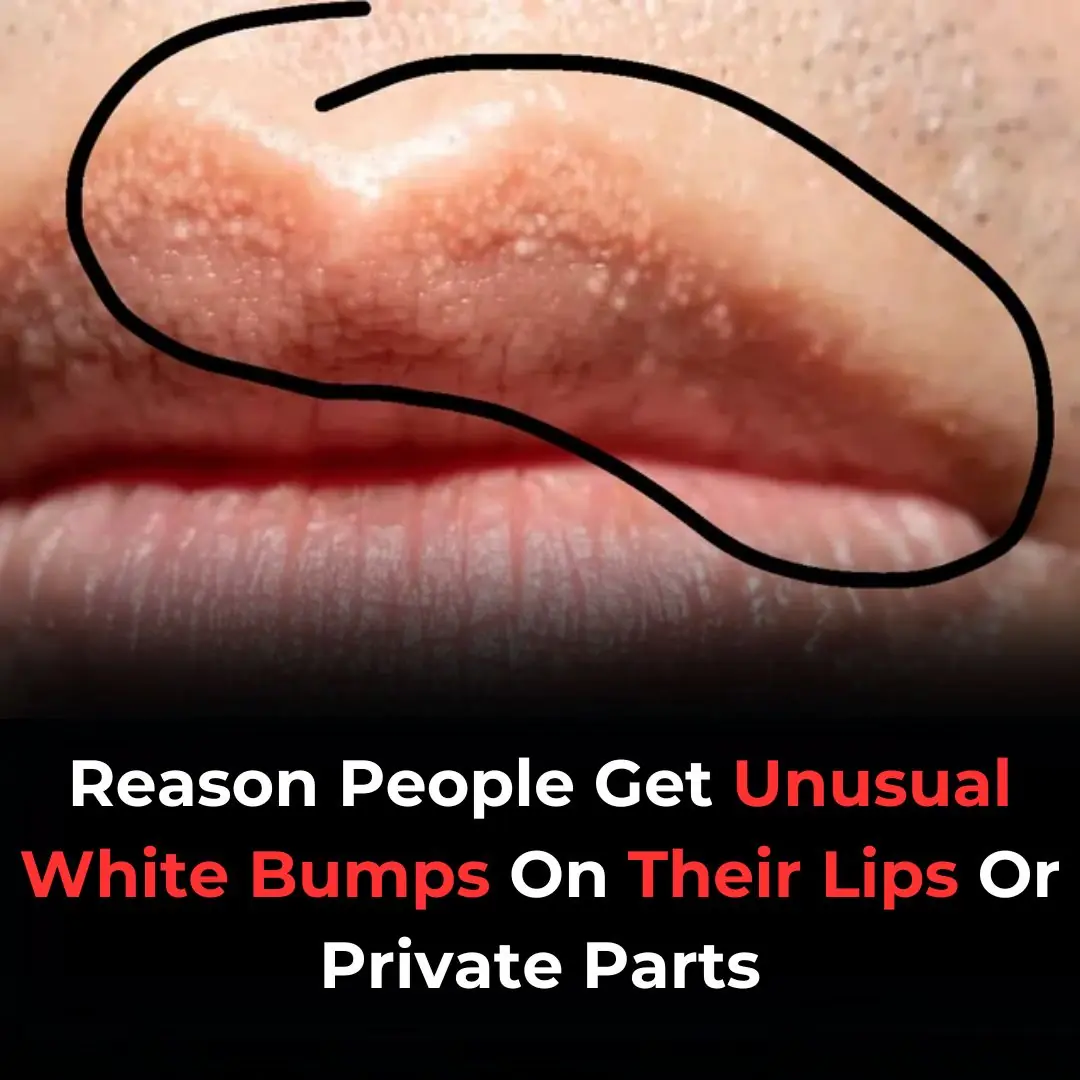
If you've ever spotted small white bumps on your lips and found yourself wondering what they are, you're definitely not the only one.
This lesser-known condition actually affects a surprisingly large number of people. Studies say between 70 and 80 percent of adults experience it at some point in their lives.
These bumps don’t just show up on your lips, either. You might notice them in the genital area as well. But what exactly are these strange little bumps, you might be wondering?

Why are they so common?
Despite the fact that they can look unusual or alarming, Fordyce spots are actually quite common, and most people have them to some degree. In fact, they tend to be more noticeable on individuals with fairer skin, though people of all skin tones can develop them. Interestingly, Fordyce spots are more likely to appear during hormonal changes, which is why many people first notice them during puberty, pregnancy, or periods of hormonal imbalance. Even though they’re harmless, the appearance of these spots may lead to some confusion or concern.
The spots are more common than you'd expect
Getty Stock Images
What are Fordyce Spots?
These white bumps are known as Fordyce Spots. According to Cleveland Clinic, they are described as 'a common skin condition where oil glands appear larger'.
"They become more noticeable during or after puberty," the website explains. "They often appear on and around your lips and sometimes on your penis and vagina. They're a natural part of your skin, but treatments can shrink or remove them."
Fordyce spots don’t develop because of anything you’ve done. Most people are actually born with them. They tend to become more visible around the time of puberty, likely due to hormonal changes in the body.
Can you get rid of Fordyce Spots?
In most cases, Fordyce spots go away on their own without the need for treatment. But for people who prefer to have them removed, there are a few options out there.
Some people try topical treatments like retinoid creams. But Cleveland Clinic also lists a few more advanced procedures if the spots are persistent or bothersome:
-
Cryotherapy
-
Electrodesiccation
-
Laser skin resurfacing
-
Micro-punch surgery
Although Fordyce spots are not harmful, many people choose to treat them for cosmetic reasons. It’s important to keep in mind that these treatments can be costly and may not always provide permanent results.
Fordyce spots are not an STI, STD, or cancerous
Getty Stock Images
Are Fordyce Spots contagious?
If you find these bumps in your genital area, it can be easy to assume they’re related to an STI or STD. But the good news is, that’s not the case.
Fordyce spots are not sexually transmitted, and you don’t have to worry about passing them on to someone else. They’re also not linked to any form of cancer.
"People with genital warts develop small bumps or growths in and around their genitals and rectum," Cleveland Clinic points out. "Genital warts and HPV are both highly contagious."
It continues by saying: "As genital warts initially develop, they may look like Fordyce spots. If you notice the sudden appearance of small bumps on your genitals, it's a good idea to see a healthcare provider for a proper diagnosis."
What should you do if you find these bumps?
While Fordyce spots are usually harmless and don’t require medical attention, it’s always a good idea to consult a healthcare provider if you notice any changes in your skin, especially in sensitive areas like your genitals. This is important because, although Fordyce spots are benign, other conditions like genital warts or herpes can sometimes present with similar symptoms, so getting a professional opinion can help rule out more serious concerns. A healthcare provider can also offer advice on the best treatment options if you find the bumps aesthetically bothersome.
Misdiagnosis is always possible, and celebrities aren't immune either. Actress Halle Berry once revealed that she was misdiagnosed after feeling pain during sex, only to later find out it wasn’t what doctors initially suspected.
Translation to English:
The bumps are a lot more common than you'd think
If you've ever spotted small white bumps on your lips and found yourself wondering what they are, you're definitely not the only one.
This lesser-known condition actually affects a surprisingly large number of people. Studies say between 70 and 80 percent of adults experience it at some point in their lives.
These bumps don’t just show up on your lips, either. You might notice them in the genital area as well. But what exactly are these strange little bumps, you might be wondering?
Why are they so common?
Despite the fact that they can look unusual or alarming, Fordyce spots are actually quite common, and most people have them to some degree. In fact, they tend to be more noticeable on individuals with fairer skin, though people of all skin tones can develop them. Interestingly, Fordyce spots are more likely to appear during hormonal changes, which is why many people first notice them during puberty, pregnancy, or periods of hormonal imbalance. Even though they’re harmless, the appearance of these spots may lead to some confusion or concern.
What are Fordyce Spots?
These white bumps are known as Fordyce Spots. According to Cleveland Clinic, they are described as 'a common skin condition where oil glands appear larger'.
"They become more noticeable during or after puberty," the website explains. "They often appear on and around your lips and sometimes on your penis and vagina. They're a natural part of your skin, but treatments can shrink or remove them."
Fordyce spots don’t develop because of anything you’ve done. Most people are actually born with them. They tend to become more visible around the time of puberty, likely due to hormonal changes in the body.

Can you get rid of Fordyce Spots?
In most cases, Fordyce spots go away on their own without the need for treatment. But for people who prefer to have them removed, there are a few options out there.
Some people try topical treatments like retinoid creams. But Cleveland Clinic also lists a few more advanced procedures if the spots are persistent or bothersome:
-
Cryotherapy
-
Electrodesiccation
-
Laser skin resurfacing
-
Micro-punch surgery
Although Fordyce spots are not harmful, many people choose to treat them for cosmetic reasons. It’s important to keep in mind that these treatments can be costly and may not always provide permanent results.
Fordyce spots are not an STI, STD, or cancerous
Getty Stock Images
Are Fordyce Spots contagious?
If you find these bumps in your genital area, it can be easy to assume they’re related to an STI or STD. But the good news is, that’s not the case.
Fordyce spots are not sexually transmitted, and you don’t have to worry about passing them on to someone else. They’re also not linked to any form of cancer.
"People with genital warts develop small bumps or growths in and around their genitals and rectum," Cleveland Clinic points out. "Genital warts and HPV are both highly contagious."
It continues by saying: "As genital warts initially develop, they may look like Fordyce spots. If you notice the sudden appearance of small bumps on your genitals, it's a good idea to see a healthcare provider for a proper diagnosis."
What should you do if you find these bumps?
While Fordyce spots are usually harmless and don’t require medical attention, it’s always a good idea to consult a healthcare provider if you notice any changes in your skin, especially in sensitive areas like your genitals. This is important because, although Fordyce spots are benign, other conditions like genital warts or herpes can sometimes present with similar symptoms, so getting a professional opinion can help rule out more serious concerns. A healthcare provider can also offer advice on the best treatment options if you find the bumps aesthetically bothersome.
Misdiagnosis is always possible, and celebrities aren't immune either. Actress Halle Berry once revealed that she was misdiagnosed after feeling pain during sex, only to later find out it wasn’t what doctors initially suspected.
